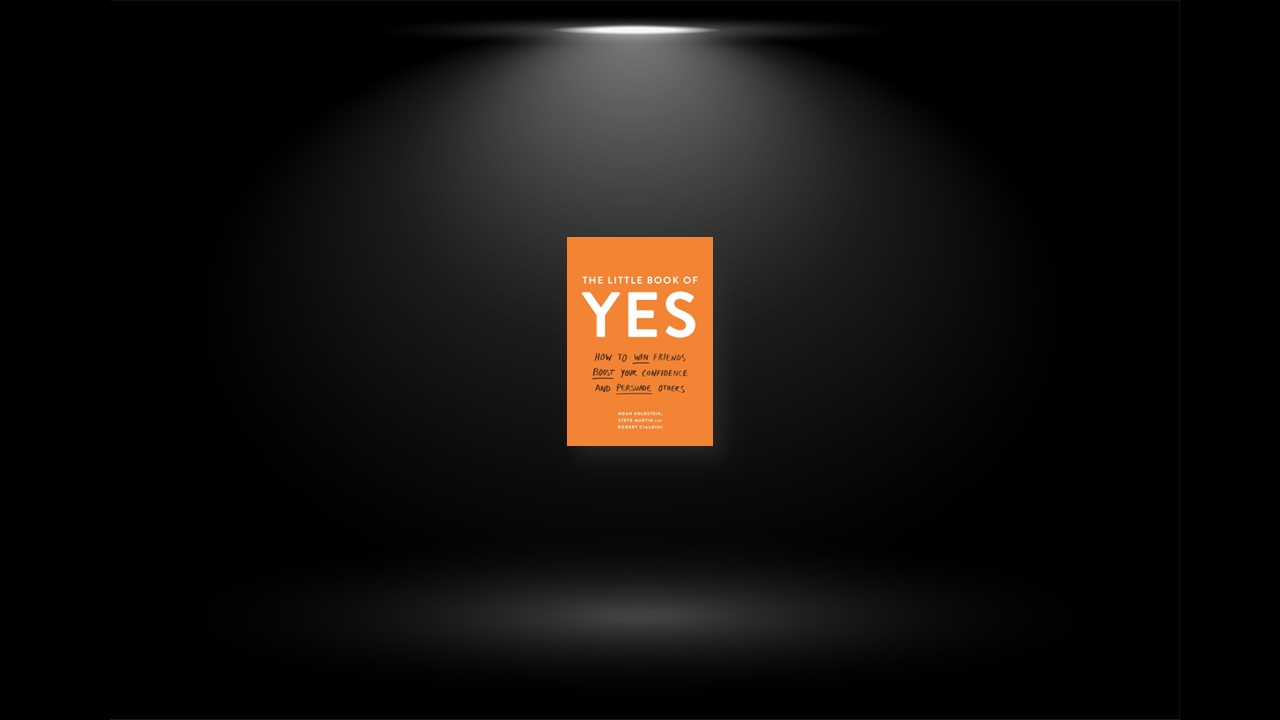Exchanging
If you feel that people often take advantage of you, you may be saying things like ‘no problem’ too often. What could you say instead?
Listen out for when people say ‘thank you’ to you. Keep a thank-you diary, taking care to notice whether the balance of give and take in your life is equal.
Look for ways to pay favours forward. If a colleague appreciates your help, ask if they could pass their help on to someone else in your team or network.
Gifting
Remember, it’s OK to ask people what they want. They will end up happier and so will you.
Which means that it is perfectly OK to tell people what you want, too.
Next time you buy something for anyone – whether it’s a bottle of wine or a birthday gift – remember that price is relative – it’s better to buy something of high quality than high price.
Cooperating
Next time you have a project or proposal you want to pitch, say to your boss, ‘I’d really love to get your input on this.’ Gaining their input creates a convergence of ideas and is a key step in successful persuasion.
When dealing with stand-offish colleagues or neighbours try to find out what you have in common and highlight that before trying to persuade them.
Do a quick search on LinkedIn or Facebook before meeting someone for the first time and look for shared interests and common experiences.
Compromising
Ask yourself: ‘What is my ideal goal and what would I be prepared to accept as a compromise?’ Be prepared and know in advance what you want, and what you’d settle with.
Avoid the temptation to reduce your opening request in the belief that it will be rejected. The word ‘No’ is your friend in situations like these. Be bold and make a second request.
Knowing
Wherever possible, arrange for someone else to introduce you.
If that isn’t possible, send your biography or profile in advance of any meeting.
Include qualifications and experience at the very top of your CV. Never hide them away at the end.
Admitting
In order to embrace your small flaws you need to be aware of them. Make a (short) list of yours.
If you find that hard, or don’t think you possess any flaws, ask a friend or partner who may see something that is invisible to you.
Don’t be afraid to admit to mistakes or small bad habits – but don’t begin confessing all your guilty secrets.
Asking
Over a week, keep a record of the numbers of ‘Yeses’ and ‘Nos’ your direct requests receive – you’ll soon notice the impact of asking.
Remember that a short sting of possible embarrassment is a small price to pay compared to the lingering ache of ‘if only’.
Next time you want something – ask for it.
Conversing
Next time you are on a plane, a bus or at conference and the person next to you isn’t looking down at their phone or otherwise occupied, try saying ‘hello’.
Practise ‘introducing yourself’ in front of a mirror – remember eye contact and a genuine smile.
When dining with friends, encourage more conversation by agreeing to place mobile phones in the centre of the table. Whoever looks at their phone first (a sign that a Facebook update or tweet is more important than the people at the table) pays for dinner.
Humanising
When you are clear about your goal, find a story that will bring it to life and make it desirable to others.
Think about what makes a good story – find characters your audience can identify with, and show their
Wherever possible, use pictures of people as well as, or instead of, charts and spreadsheets in order to convey your message.
Liking
The first step to getting someone to agree with you is, often, to make them like you. Increase this possibility by identifying your commonalities.
Do your preparation. Seek out similarities such as shared backgrounds, interests and experiences.
Be sure to highlight them before making your pitch or request.
Complimenting
Before asking someone for something, think of one good thing about them, and include a compliment in your conversation.
This doesn’t always have to be in the moment. Cultivate a positive relationship and use compliments generally. This can make people feel positive towards you so that when the time comes to ask a favour, they may be more likely to say yes.
Labelling
Get into the habit of genuinely labelling people with the sort of traits that are consistent with the request you are about to make.
Be careful with negative labels, though. Don’t be surprised if bemoaning your friend’s tardiness makes her even later next time you go out together.
If possible, recall a time when you’ve been labelled positively by someone else (as hard-working, say) and remind yourself of its beneficial effects.
Reasoning
Before you ask someone for something, make sure that you are clear why you are asking for it. And then make sure that they know too.
To work out your reason, ask yourself: ‘What benefit will be gained as a result of my request?’
Make sure that you use the word ‘because’ during your request, to flag up your reasoning.
Committing
Next time you want someone to commit to something, give them a specific goal.
Bring up your commitments, or those of others, in public: at the pub, tell friends that your other mate has promised to go on holiday with you that summer; talk about your commitment to run a marathon on Facebook; promise that your team will deliver a project in a work meeting.
When setting goals for yourself, have in mind a range of outcomes that you’d be happy with, rather than a single one – you’ll find that you’ll strive for the best.
Comparing
All other things being equal, in a competitive situation with three or more candidates, try to arrange to go last.
When preparing proposals or requests, always ensure that you think about a favourable comparison.
Think about what or who your listeners will be comparing you with – and make sure you give them a more favourable alternative.
Losing
Think about the things someone you want to persuade will gain if they say ‘Yes’ to your request. Now state those as things they could lose if they don’t carefully consider your offer.
Use competition to increase your persuasiveness. If people come to know that your availability or services are in demand by others then these things become more attractive.
Value your time so that others will too. Don’t say ‘I’m free all day, you choose a time.’ Instead say: ‘I can meet on Saturday, either at four or seven.
Ending
Try to save the best news until last. It will have a much bigger impact on people.
When presenting, ask yourself ‘what do I want people to remember most?’ and offer that at the end.
Make a point of reminding yourself and your team members of the good times. It is easy to forget great times that have been shared – especially if some of them didn’t end so well.


